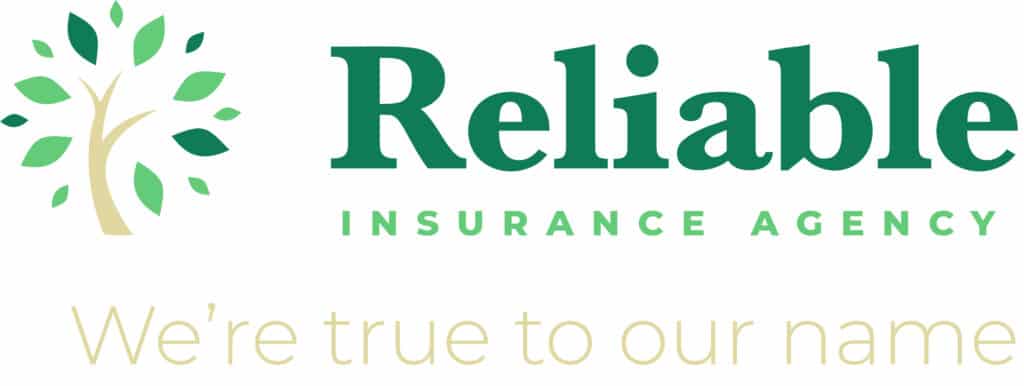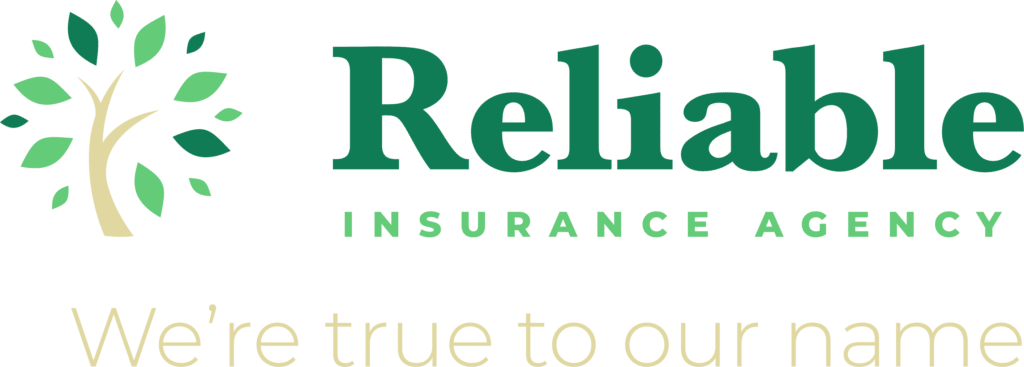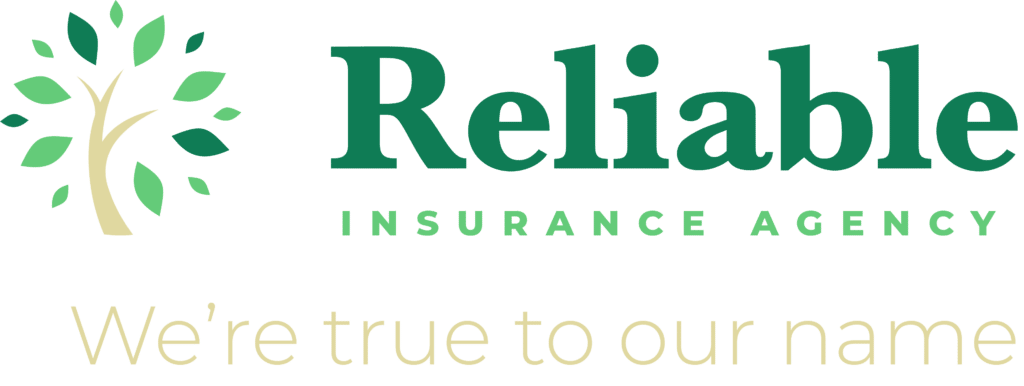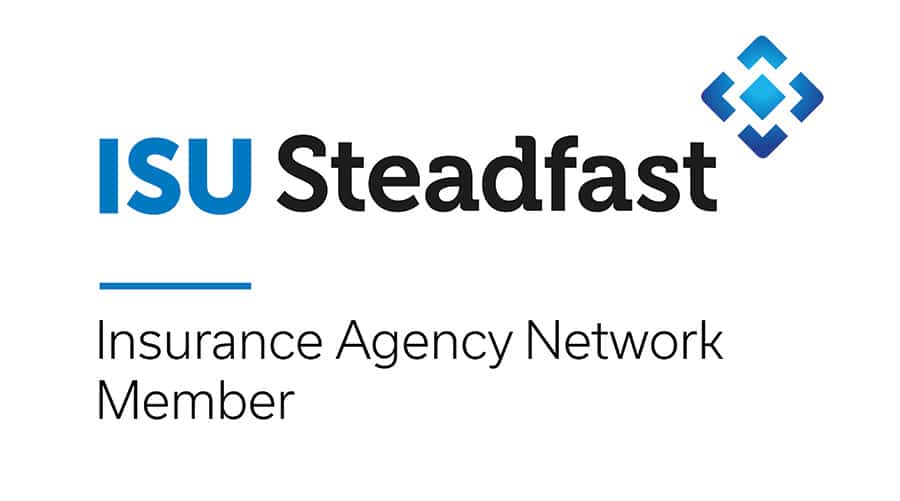Harnessing the Sun: What You Need to Know About Solar Panels and Insurance
As more homeowners and businesses turn to renewable energy, solar panels have become a popular way to save on energy costs and reduce environmental impact. However, before installing solar panels, it’s essential to understand the considerations involved—both practical and financial. At Reliable Insurance Agency, we’re here to guide you through the process of protecting your investment in solar energy.
The adoption of solar energy in Minnesota and Wisconsin is growing steadily, driven by state incentives, environmental awareness, and financial benefits. In Minnesota, approximately 50,000 households now use solar panels to meet part or all of their electricity needs. The state’s 1,300 MW of installed solar capacity positions it as a leader in community solar programs, which allow individuals to benefit from solar energy without installing panels on their property. (Eco Watch and Clean Choice Energy)
In Wisconsin, solar energy adoption is also expanding, though at a slightly slower pace. The state has focused on programs like Solar for Good and incentives that encourage residents and businesses to embrace solar energy (Wright-Hennepin Electric)
Benefits of Solar Panels
- Reduce energy bills:
Generating your own electricity can significantly lower utility costs. - Increase property value:
Homes with solar panels are often more appealing to buyers. - Support sustainability:
Solar power reduces your carbon footprint.
These benefits may be compelling, but they also introduce responsibilities and risks that you must actively manage, including insurance considerations.
Key Considerations Before Installation of Solar Panels
- Local Regulations and Permits
Before installation, research local zoning laws, building codes, and homeowner association (HOA) rules. You may need permits to ensure compliance with safety and aesthetic standards. - Roof Suitability
Evaluate your roof’s age, material, and structural integrity to ensure it can support solar panels. Solar panels are a long-term investment, so your roof should be in good condition before installation. - Installation and Maintenance Costs
While solar panel prices have decreased over the years, installation can still be a significant expense. Regular maintenance, such as cleaning panels and checking electrical connections, is essential to maximize efficiency and lifespan. - Warranty and Longevity
Most solar panels come with warranties ranging from 20 to 25 years. Ensure your warranty covers both the panels and the inverter, as the latter is critical for converting solar energy into usable electricity.
Insuring Solar Panels and Components
- Are Solar Panels Covered Under Home Insurance?
Standard homeowners insurance typically covers solar panels attached to your home as part of the dwelling. To ensure coverage, add solar panels installed on separate structures, such as a garage, to your other structure coverage amount. However, you’ll want to:- Confirm coverage limits:
Ensure your policy provides adequate coverage for the replacement cost of your solar panels. - Review named-peril policies:
Some policies only cover specific risks. Verify that your solar panels are protected against events like hail, wind, and fire.
- Confirm coverage limits:
- Ground-Mounted or Off-Site Systems
Check whether ground-mounted panels or those located away from your primary residence are covered under standard dwelling insurance. These systems might require additional insurance. - Liability Coverage
Ground-mounted or accessible solar panels pose increased liability risks. Protect yourself from financial loss by using liability coverage if a visitor sustains an injury near your panels. - Business Considerations
For commercial properties using solar power, specialized commercial property insurance may be necessary to cover solar installations.
Additional Insurance Considerations
- Adding Solar Panels to Your Policy
Installing solar panels could increase your home’s replacement value, which may require an adjustment to your policy’s dwelling coverage limit. Notify your insurance agent to update your policy. - Coverage for Associated Components
Solar systems often include batteries, inverters, and electrical components. Ensure your insurance policy extends to these critical parts. - Potential Exclusions
Be aware of potential exclusions in your policy, such as damage caused by faulty installation or wear and tear. Working with a certified installer can help mitigate these risks. - Loss of Use Coverage
If a covered event damages your solar panels, use loss of use coverage to get reimbursed for additional living expenses during repairs. - Determine whether your panels are solar (for heat) or photovoltaic (for electricity) and calculate how many kilowatts they generate per hour.
This can change the amount of additional coverage needed on your homeowner’s policy. You’ll also benefit from knowing which type of solar panel you have: Solar (mainly for heat) or Photovoltaic (mainly for electricity). - Does the Installation Company have a Hold Harmless Agreement?
This may mean that any liability, maintenance, or use of the panels is the responsibility of the homeowner, not the installer. - Selling Power Back to the Power Company
This may require you to have additional coverage such as an incidental business endorsement and can come with added insurance costs.
Buy-Back Policies in Minnesota and Wisconsin
Both Minnesota and Wisconsin have policies requiring utility companies to compensate homeowners for surplus energy generated by their solar panels. This process is part of net metering or distributed generation programs, which allow homeowners to offset electricity costs and potentially earn credits.
- Minnesota: Utilities must offer buy-back options under state law. The compensation rates vary by utility, often ranging from 7-12 cents per kWh depending on whether the electricity is sold during peak demand times. Credits typically roll over month to month, helping homeowners offset seasonal fluctuations in energy generation (Eco Watch)
- Wisconsin: Similarly, utilities are required to purchase excess energy, though specific rates and terms vary. Programs like Focus on Energy offer additional incentives for solar installations (Wright-Hennepin Electric)
Tips for Protecting Your Solar Investment
- Work with certified installers:
Verify that your installer is licensed, insured, and certified to safely install solar panels. - Perform regular maintenance:
Clean your panels and schedule periodic inspections to identify potential issues early. - Monitor energy output: Use monitoring systems to ensure your panels are operating efficiently.
- Keep records: Maintain documentation for installation, warranties, and maintenance for insurance claims or repairs.
Solar Panels and Energy Savings: Is It Worth It?
Solar panels are a significant investment, but they can offer long-term savings and peace of mind when insured correctly. By understanding your coverage needs and making informed decisions, you can enjoy the benefits of renewable energy without unnecessary risks.
Let Us Help You Navigate Solar Panel Insurance
Reliable Insurance Agency helps you protect your home and investments with personalized guidance. Whether you’re installing solar panels or already have them, our team ensures your system is covered with the right insurance options.
Contact us today and let us help you harness the power of the sun with confidence!









